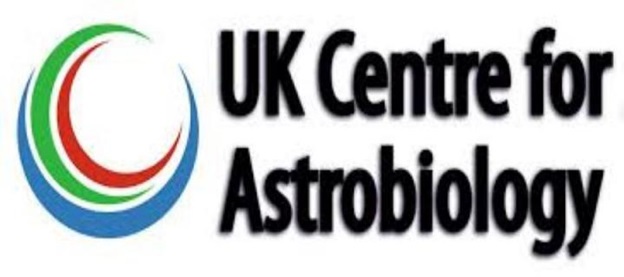Mining experiments are being conducted in space. They may pave the way for new technologies which could assist human exploration of space and establishment of settlements on other worlds. Astronauts on the International Space Station (ISS) found that bacteria could be used to extract useful materials from rocks on the Moon and Mars. The findings of this research could help efforts to develop methods of sourcing metals and other minerals such as iron and magnesium which are essential for human survival in space. Bacteria could be used to break down rocks to form soil for growing crops or to provide minerals for life support systems that would produce air and water.
Scientists at the UK Centre for Astrobiology at the University of Edinburgh spent ten years developing tiny devices called biomining reactors. Eighteen of these matchbox sized devices were sent to the ISS aboard a SpaceX rocket launched from Cape Canaveral in Florida in July of 2019. The project is named BioRock.
Basalt is a common rock found on the Moon and Mars. Small pieces of basalt were placed into each device and then the devices were submerged in a bacterial solution. The experiment was run for three weeks in conditions that mimicked the low gravity on the Moon and Mars. The team found that the bacteria in the solution could increase the removal of rare earth elements from basal in lunar and Martian landscapes by up to four hundred percent. Rare earth elements are very important to many technologies in use today including mobile phones, computers and magnets.
Microbes are currently in common use on Earth in the process called biomining to extract economically useful elements such as copper and gold from ore. The new experiments on the ISS are also providing data on how gravity influences the growth of communities of microbes here on Earth.
The microbe study on the ISS was published in Nature Communications and it received funding from the UK Space Agency and the European Space Agency. The research also received support from the Science and Technology Facilities Council which is part of UK Research and Innovation. Kayser Italia is the engineering company who built the miniature bioreactors used in the research.
Professor Charles Cockell, of the University of Edinburgh's School of Physics and Astronomy, led the project. He said, "Our experiments lend support to the scientific and technical feasibility of biologically enhanced elemental mining across the Solar System. While it is not economically viable to mine these elements in space and bring them to Earth, space biomining could potentially support a self-sustaining human presence in space.”
“For example, our results suggest that the construction of robotic and human-tended mines in the Oceanus Procellarum region of the Moon, which has rocks with enriched concentrations of rare earth elements, could be one fruitful direction of human scientific and economic development beyond Earth."
Dr. Rosa Santomartino is a postdoctoral scientist in the University's School of Physics and Astronomy who worked on the project. She said, “Microorganisms are very versatile and as we move into space, they can be used to accomplish a diversity of processes. Elemental mining is potentially one of them.”
Libby Jackson is the Human Exploration Program Manager at the UK Space Agency. She said, “It is wonderful to see the scientific findings of BioRock published. Experiments like this is show how the UK, through the UK Space Agency, is playing a pivotal role in the European Space Agency's exploration program. Findings from experiments like BioRock will not only help develop technology that will allow humans to explore our Solar System further, but also helps scientists from a wide range of disciplines gain knowledge that can benefit all of us on Earth.”
